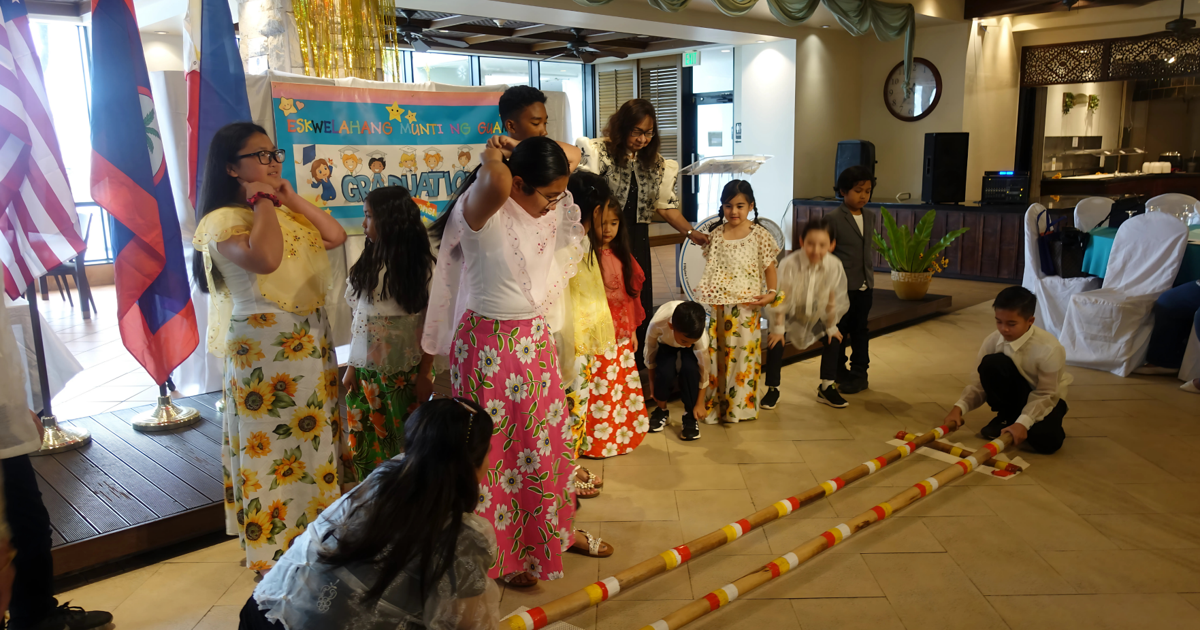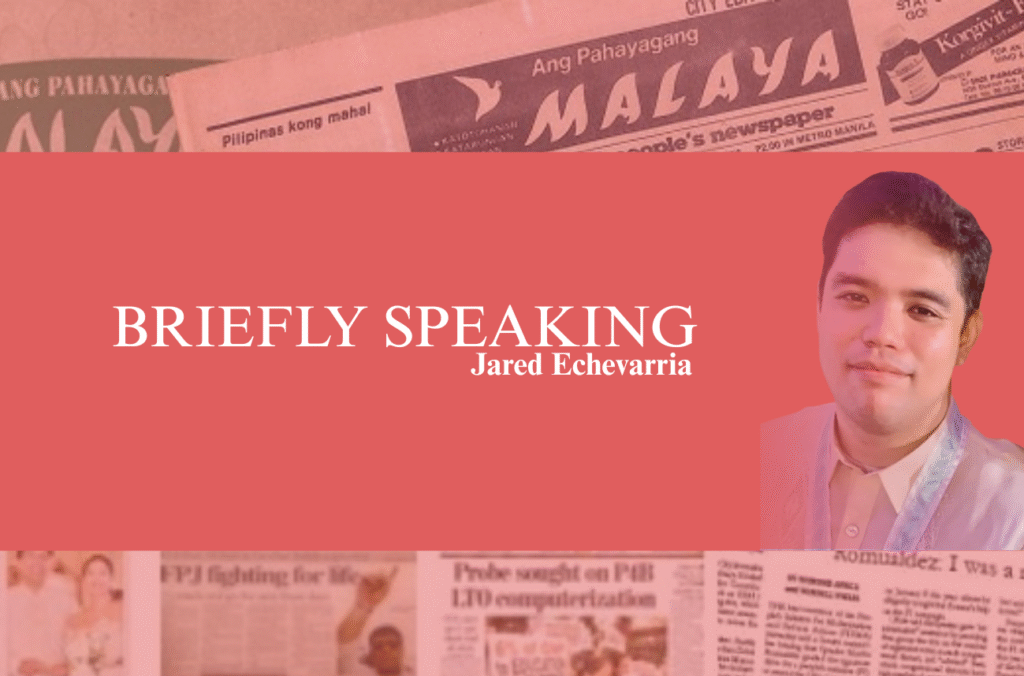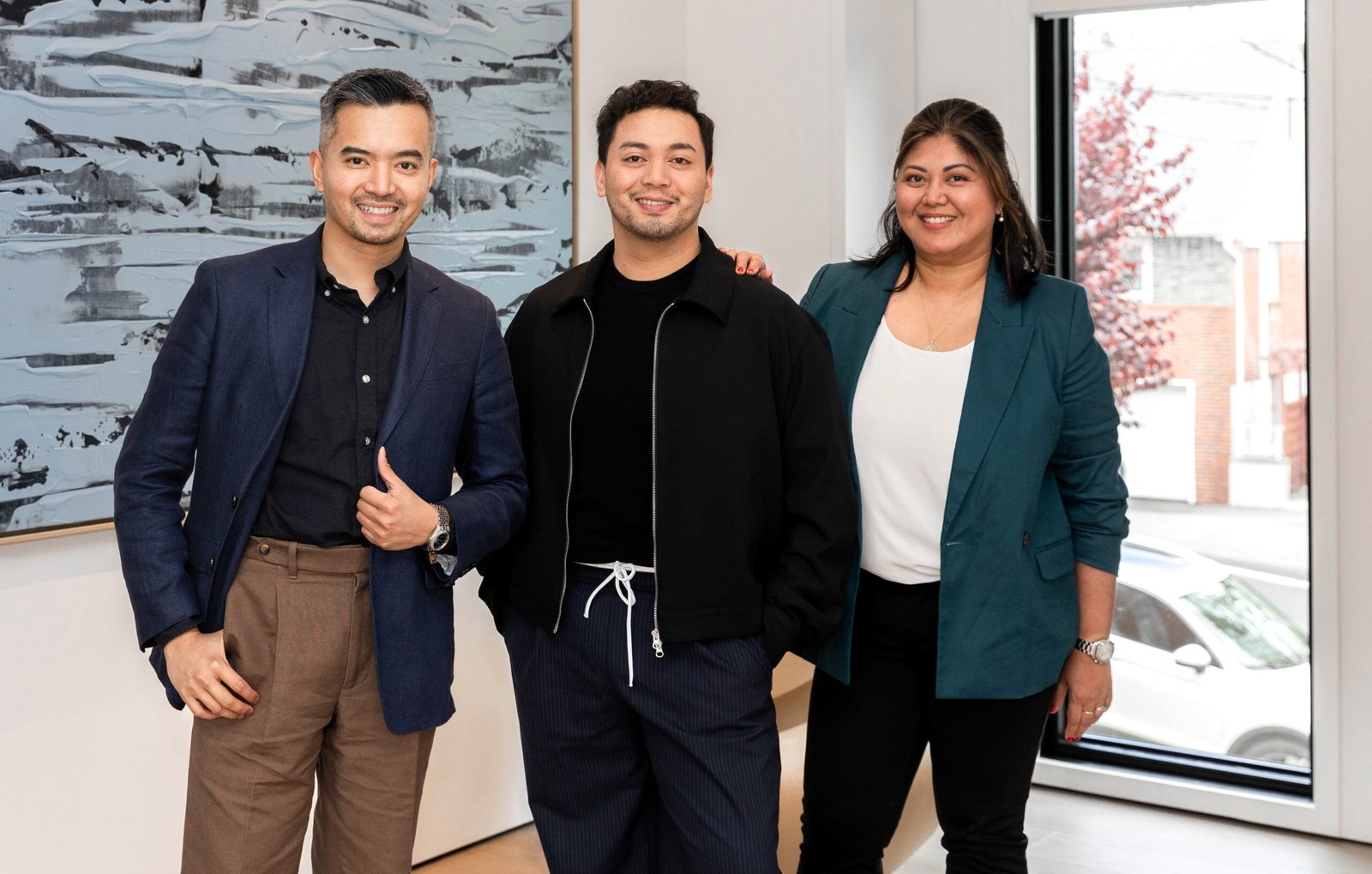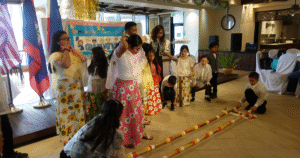‘Today’s Filipino scholar reimagines success. Some still pursue the Ivy League. Others seek global alternatives that are more accessible, aligned with their values, or rooted in cultural nearness.’
FOR decades, Harvard wasn’t just a university; it was the dream. In many Filipino households, the name carried the weight of greatness. It stood for brilliance, success, and a kind of global validation. To study there was not merely an academic pursuit; it was proof you had arrived. But dreams evolve. And sometimes, they’re tested by realities more complex than grades and rankings. Even before the Ivy League entered the Filipino imagination, our gaze turned outward for education. During the Spanish colonial era, the elite sent their children to Europe. José Rizal studied in Madrid. In his novels, Ibarra left home seeking enlightenment abroad. It begs the question: What is it in the Filipino spirit that compels us to look outward for learning? Are we natural explorers, or have we come to believe that excellence must always lie elsewhere?
This tradition deepened during the American era. In 1901, over 500 American teachers, later known as the Thomasites, arrived aboard the USS Thomas to build a national English-language school system. By 1902, over a thousand were stationed across the islands. Then, in 1903, the Pensionado Act sent select Filipino scholars to study in the US, initially around 500 officially sponsored pensionados, and by the end of the colonial period, more than 14,000 Filipinos had pursued education abroad. These young men and women returned to become educators, officials, and architects of the modern nation, shaped abroad to serve at home.
There is beauty in curiosity. But when we romanticize the foreign, we risk overlooking the richness of our own.
In the 20th century, the United States became the default destination. Not merely for prestige, but because at times, it was the only open door. American scholarships and colonial linkages made it a logical path. For many Filipino scholars, the US offered both refuge and recognition. But the world has changed. And so has the map of academic ambition. The COVID-19 pandemic, which once shuttered campuses and contained the world within walls, also unlocked a new era of educational access. Almost overnight, elite institutions stretched their virtual arms across oceans and screens. Professors from Tokyo to Toronto were suddenly in our living rooms. On a mobile phone or a laptop in Manila, Cebu, or Davao, a student could now engage in classes once confined to ivy-covered halls. For all its disruptions, the pandemic democratized something previously guarded: the global classroom.
We now live in a multipolar world, culturally, politically, and intellectually. Universities across continents have emerged as new citadels of learning. Filipino students are no longer limited to American shores. European institutions such as Oxford, Cambridge, Sciences Po, and ETH Zurich have become increasingly accessible. So too have universities in the Netherlands, Germany, and Sweden, offering rigorous programs without the burden of colonial memory or exorbitant tuition. Asia has risen as well. The National University of Singapore, the University of Tokyo, and KAIST in South Korea now attract students from across the globe. These institutions offer academic rigor, cultural proximity, and relief from the geopolitical noise surrounding some American campuses.
In recent months, those tensions have come to a head.
Harvard, once a symbol of openness, now finds itself in a storm. Under a second Trump administration, proposals to revoke tax-exempt status, defund research, and impose ideological oversight have shaken academic freedom. The most jarring development came in June 2025, when dozens of international Harvard students were detained or denied entry at Boston Logan Airport, some held without explanation or contact.
For a university whose power lies in its global draw, this has created deep uncertainty.
And yet, the dream endures. In May 2025, 46 Filipino and Filipino-American students graduated from Harvard across its schools, the largest cohort to date, recognized by the Philippine Consulate in New York. Among them was Eion Nikolai Chua, who graduated magna cum laude with dual degrees in Economics and Chemistry, a personal triumph and a reflection of Filipino excellence. But these numbers also remind us: while Harvard still opens doors, it is no longer the only door.
I’ve witnessed this shift firsthand. At Dongguk University in Seoul, I found a fusion of ancient wisdom and innovation. In Oxford, where I pursued an external sojourn, medieval halls buzzed with fresh ideas and enduring debate. Neither bore Harvard’s name. Yet both delivered excellence.
These experiences taught me that no single university holds a monopoly on brilliance. Sometimes, veering off the beaten path leads to deeper discovery.
There was a time when a degree from Harvard was a kind of ascent. Many Filipino leaders passed through its gates. But perhaps that’s a vestige of colonial thinking, to look West for worth, to seek affirmation from somewhere else.
Today, bridges connect continents. Knowledge flows in all directions. Filipino students are writing new stories, some still in Cambridge, yes, but many more in Seoul, Singapore, Amsterdam, Berlin, and increasingly, right here at home.
So, is Harvard still the Filipino dream?
For some, yes. It remains a symbol of prestige and possibility. But for many others, the dream has grown more complex and more grounded. No longer about escape, but engagement. Not one place, but many. Not only outward, but also inward. And homeward.
Because the real dream may not be a school at all but the freedom to learn anywhere, to belong everywhere, and to return with wisdom to share. Today’s Filipino scholar reimagines success. Some still pursue the Ivy League. Others seek global alternatives that are more accessible, aligned with their values, or rooted in cultural nearness. Still others stay close to home, where connection can mean more than distance.
Because studying on our shores offers more than affordability. It offers grounding. Immersion. A chance to grow not away from our roots, but through them.











